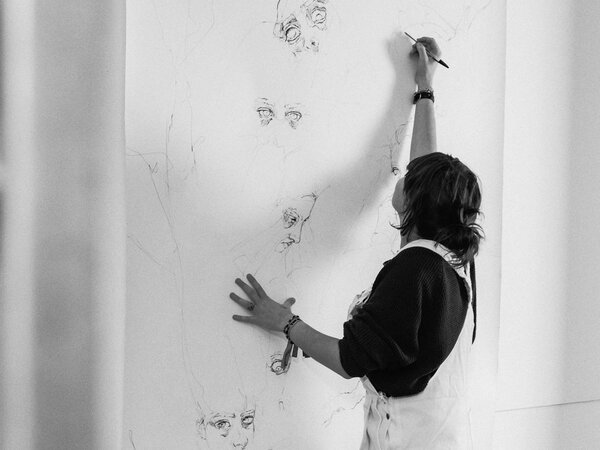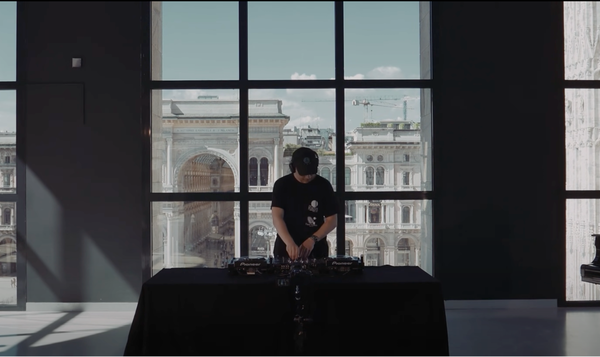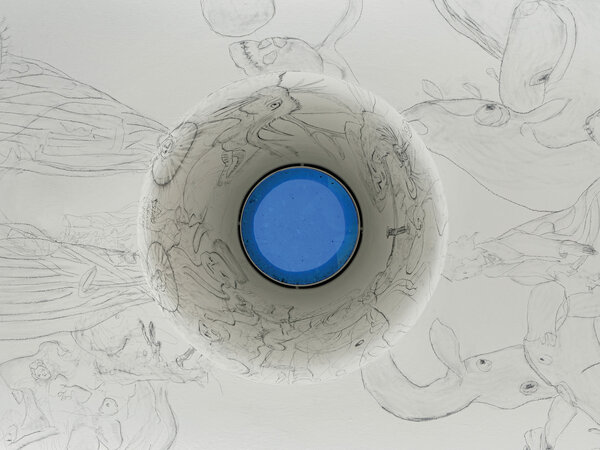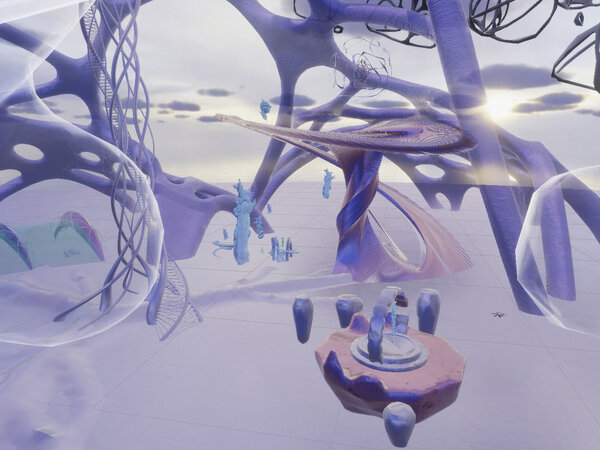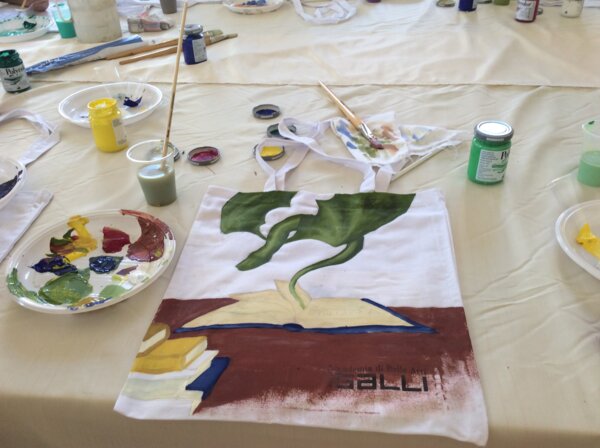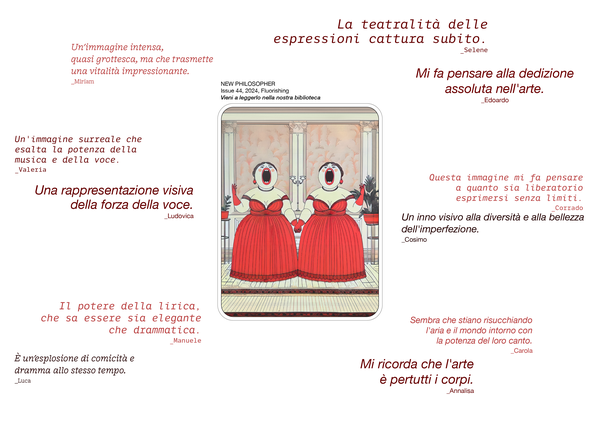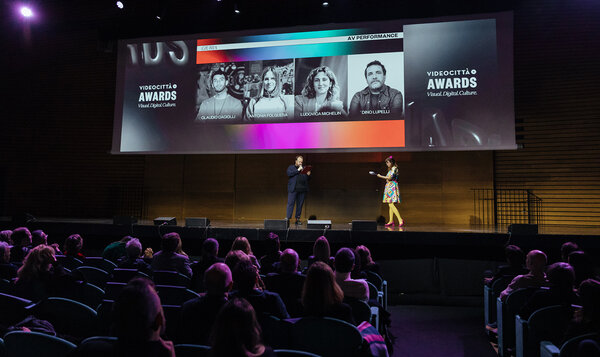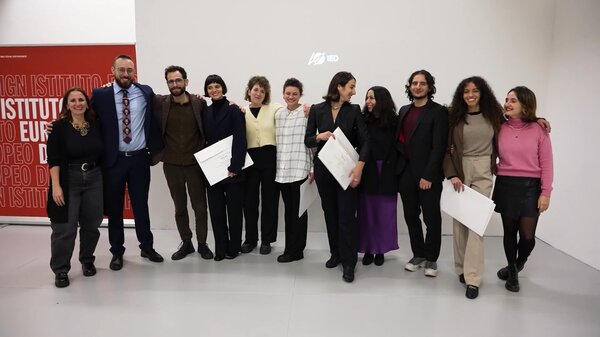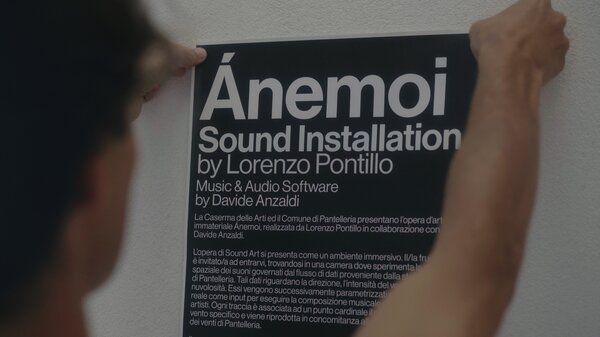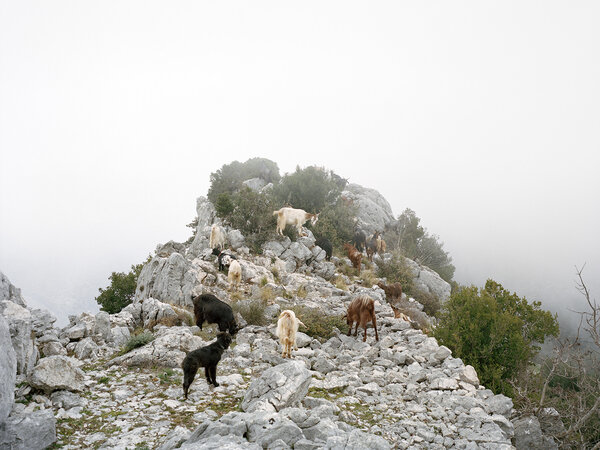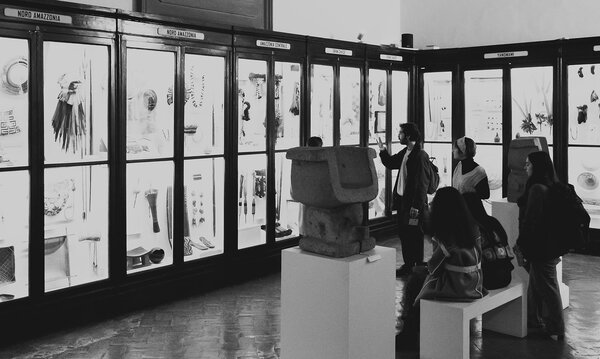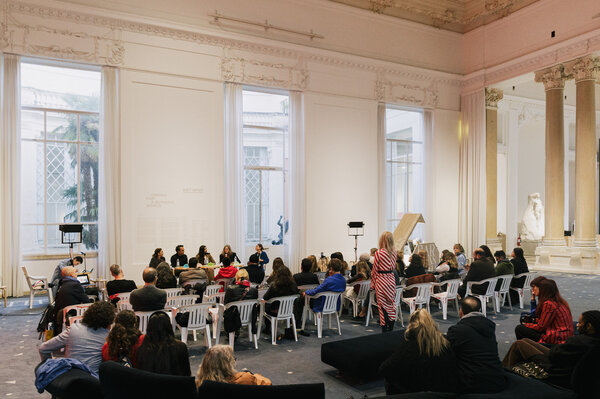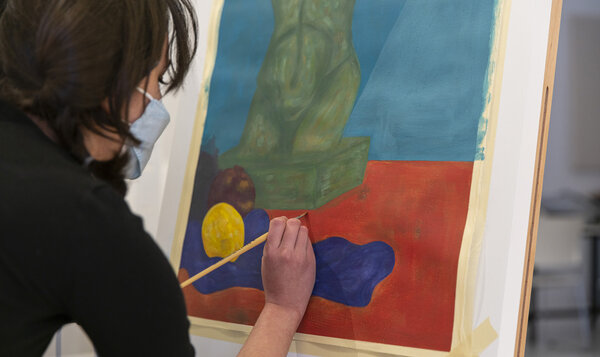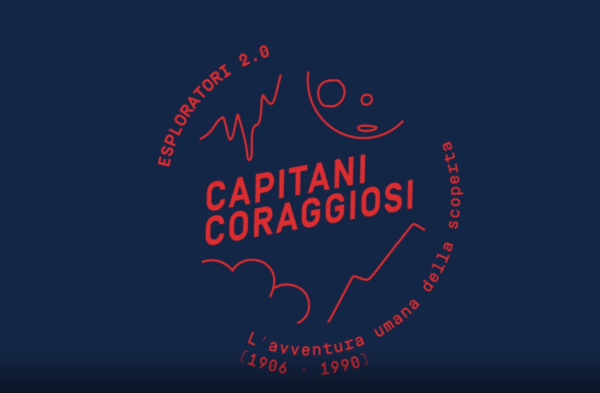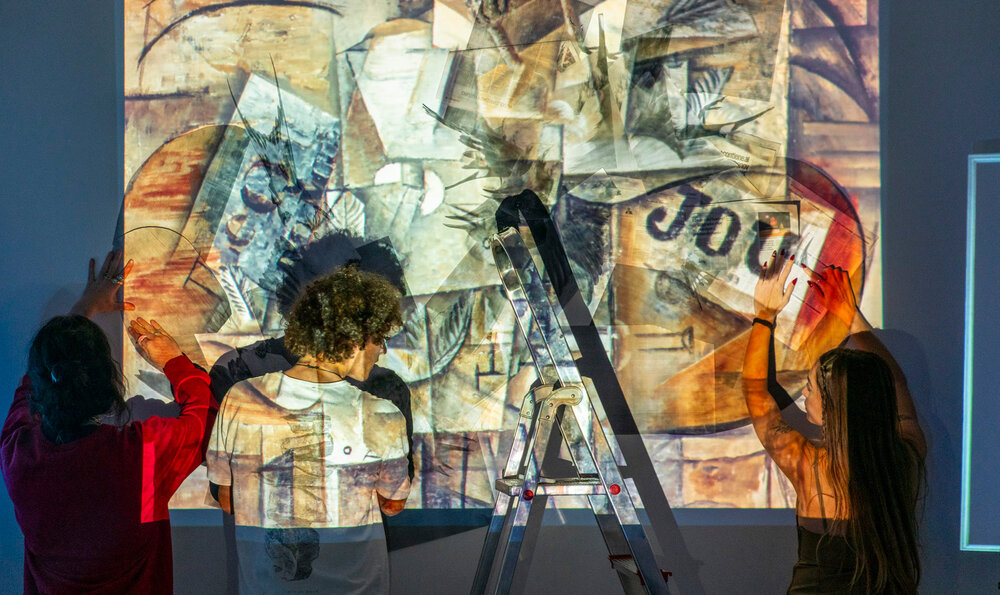
Arts Manager: Who they are, what they do and how to become one
Who they are and what they do
An Arts Manager is a professional working in the world of arts and culture, responsible for the management and promotion of artistic events, cultural institutions, and creative projects.
This role requires a unique combination of management skills and a deep understanding of the artistic sector.
The Arts Manager oversees the various stages of an artistic project, from planning and development to promotion and final evaluation. They work with artists, curators, sponsors, and the public to ensure each artistic initiative not only meets its budget and deadlines, but also reflects the creative vision and cultural goals set out. They are also responsible for attracting funding and sponsorship, managing relationships with partners and funding institutions.
Role and responsibilities
The Arts Manager is tasked with developing strategies that support the sustainability and growth of arts organisations. This includes managing human resources, coordinating staff and volunteers, and overseeing daily operations. They are also in charge of financial planning, budget management, and seeking new funding opportunities through grants and sponsorships.
Another key aspect of the role is promotion and marketing. The Arts Manager must be capable of creating and implementing effective communication strategies to increase the visibility of artistic events and institutions. This involves public relations activities, managing social media, and organising targeted advertising campaigns.
The work of an Arts Manager is often multidisciplinary and requires the ability to adapt to the specific needs of different cultural projects. This professional collaborates with museums, galleries, theatres, festivals, and other artistic organisations, each with their own dynamics and challenges.
Career and salary
A career as an Arts Manager offers multiple growth opportunities, ranging from entry-level positions such as project assistant to leadership roles like artistic director or manager of cultural institutions. Career progression often depends on the experience gained and the ability to successfully manage complex projects.
Salary levels for an Arts Manager vary depending on experience, organisation size, and geographical location. However, senior-level positions in this field typically offer competitive salaries, reflecting the strategic importance of the role in the success of artistic initiatives.

IED Open Days
We look forward to meeting you in person at our premises and online, to learn more about our teaching offerings, get to know our services and interact with coordinators, lecturers and students.
Skills and training
Essential skills for an Arts Manager include:
· Management skills: the ability to plan, organise, and manage complex projects.
· Knowledge of the arts sector: understanding the dynamics and trends of the cultural market.
· Marketing and communication skills: expertise in promoting events and managing public relations.
· Financial management: experience in budgeting and securing funding.
· Leadership and human resource management: the ability to coordinate teams and volunteers.
A comprehensive education in this field can be gained through undergraduate and postgraduate courses in arts and cultural management. IED offers programmes that combine theory and practice, enabling students to gain hands-on experience through real projects and collaborations with leading arts institutions.
How to become an Arts Manager
To become an Arts Manager, it is essential to acquire a solid academic foundation in the arts and management, as well as gain practical experience through internships and collaborations with cultural organisations. This educational path helps to understand the complexities of the sector and to build a professional network that is crucial for success in this field.
If you are passionate about the arts and want to turn that passion into a rewarding career, explore IED’s courses in this area. With the Master in Arts Management offered in Florence and Rome, for example, you will have the opportunity to acquire managerial and organisational skills tailored to the cultural and creative industries. The programme prepares you to manage complex artistic projects, collaborate with cultural institutions, galleries and museums, and develop expertise in project management, fundraising, communication, and cultural marketing. The Master also includes workshops and meetings with industry professionals, offering a strong foundation for launching a successful career in arts management.
